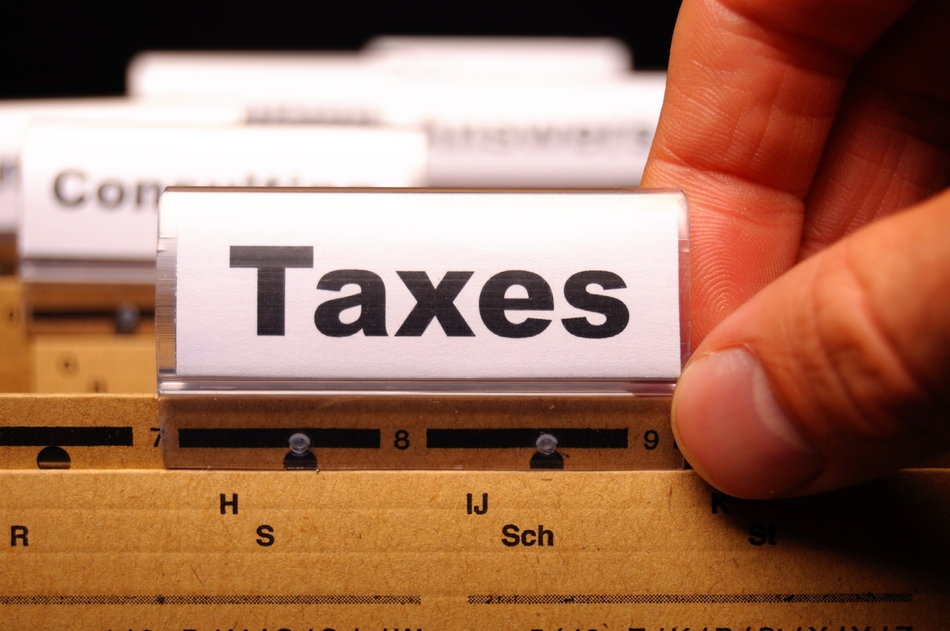How to File a Tax Grievance

If you think you’re paying too much for your property taxes, you may want to file a tax grievance. The process of filing a tax grievance is relatively straightforward. First, you’ll need to gather certain information about your property. Then, your grievance will be assessed. If it’s true that your taxes are too high, you should try to reduce them by requesting a new assessment. If not, you can always appeal the new assessment to the local tax assessor.
Depending on the type of tax grievance you file, you may want to choose a company that offers a no-fee policy. This means that you will only pay if your taxes are reduced. The fee for a tax grievance company is usually about 50 percent of the total reduction amount. If your property tax reduction is $1,500, for example, you’d pay $750. This fee can add up to quite a bit, so you’ll need to plan accordingly.
Once you file your grievance, the Board of Assessment Review will review your application and let you know the results. You’ll have 30 days to appeal, but if your property tax assessment remains the same or increases, you can still file a tax grievance and fight it in court. Although many homeowners are concerned that filing a tax grievance will increase their property tax assessment, that’s not the case. The Board of Assessment Review can either lower your assessment or maintain it. Unlike the other three major agencies, the BAR does not raise your assessment.
If you are planning on selling your property, you should consider lowering your property tax rate. Property taxes account for a significant portion of your mortgage payments. Therefore, you should make every effort to lower your property taxes. If you’re selling your property, the amount listed should reflect what your property would actually be worth if sold today. If it doesn’t, potential buyers will look elsewhere. To make sure your property tax bill doesn’t skyrocket, consider hiring a tax grievance company.
You must file a tax grievance in writing. If you want your property value to stay the same, you must submit a written request at least 15 days before the Tentative Roll Date (usually May 1). You can find this out by consulting the Property Tax Calendar or calling your assessor’s office. The assessor must mail your information within five days of completing the tentative assessment roll. You can request that the assessor reassess your property and hold a hearing for your tax appeal.
If you believe your property assessment is too high or too low, you should appeal. Typically, you’ll need to file a tax grievance within a year. If you have to file a tax grievance within a month, you can also appeal the decision in writing. In some cases, you can do this without hiring a lawyer. If you want to appeal, you must first submit the grievance form to the assessor’s office.




